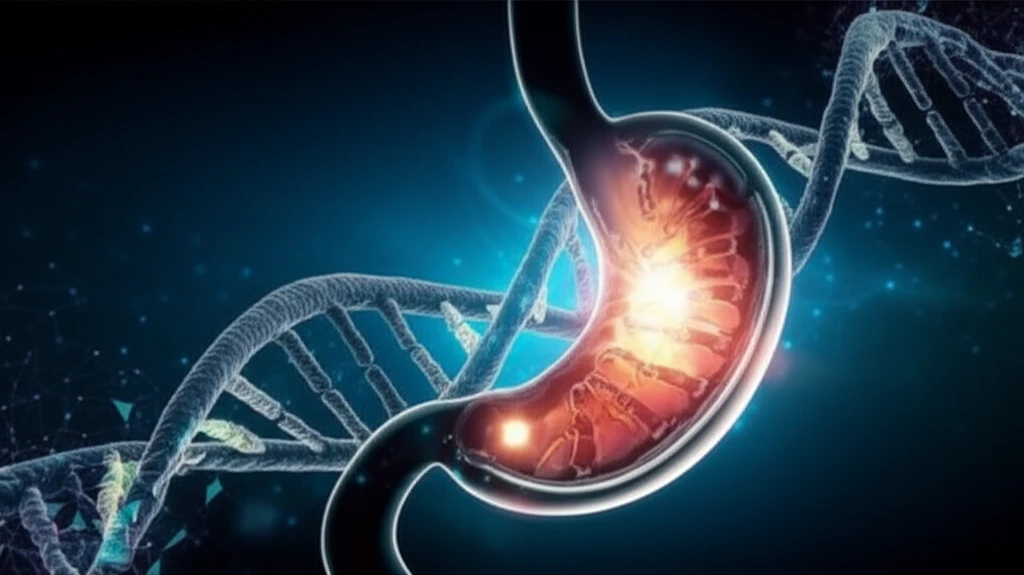
Gastric Cancer and DNA: Unlocking Targeted Therapies
"A new review explores how DNA methylation impacts gastric cancer and opens doors to innovative treatment strategies."
Gastric cancer is a formidable health issue worldwide, ranking among the most frequent causes of cancer-related deaths. While genetic factors undoubtedly play a role, a growing body of research highlights the significance of epigenetic alterations, particularly DNA methylation, in the development and progression of this disease.
DNA methylation, a process catalyzed by DNA methyltransferases (DNMTs), is a well-characterized epigenetic hallmark in gastric cancer. Unlike genetic mutations that alter the DNA sequence, epigenetic modifications influence gene expression without changing the underlying code. Understanding these reversible alterations is crucial for developing effective therapeutic strategies.
A recent review delves into the intricate relationship between DNA methylation and gastric cancer. It explores key mechanisms, including the roles of SNPs, infections, and genetic modifications in triggering DNMTs level modification, and their subsequent impact on cancer progression. Crucially, the review focuses on how inhibitors of DNMTs can be strategically employed to combat gastric cancer, especially in cases of multidrug resistance.
How Does DNA Methylation Go Wrong in Gastric Cancer?

Gastric cancer development involves both genetic and epigenetic changes, affecting oncogenes and tumor-suppressor genes (TSGs). While epigenetic modifications are normal during development and tissue differentiation, aberrant epigenetic modifications can disrupt cell function and contribute to cancer. These changes can alter the transcription levels of TSGs and oncogenes without altering DNA sequences.
- Histone Hyperacetylation: Linked with transcriptional activation.
- Histone Methylation: The effect depends on the specific amino acid residue modified and the degree of methylation; for example, trimethylation of H3K4 promotes gene expression, while trimethylation of H3K9 and H3K27 suppresses gene expression.
- miRNAs: Small non-coding RNA molecules, are also key players in epigenetic regulation in gastric cancers. Dysregulation is associated with histone modifications and methylation patterns.
The Future of Gastric Cancer Treatment: Targeting DNMTs
Gastric cancer remains a major cause of global morbidity and mortality, with epigenetic disruption playing a crucial role. Emerging evidence highlights the potential of targeting DNMTs to restore normal gene expression and overcome chemoresistance. While general and specific DNMT inhibitors show promise, the development of site-specific silencing strategies using CRISPR-Cas9 technology may offer even more precise and effective therapies for gastric cancer patients.
